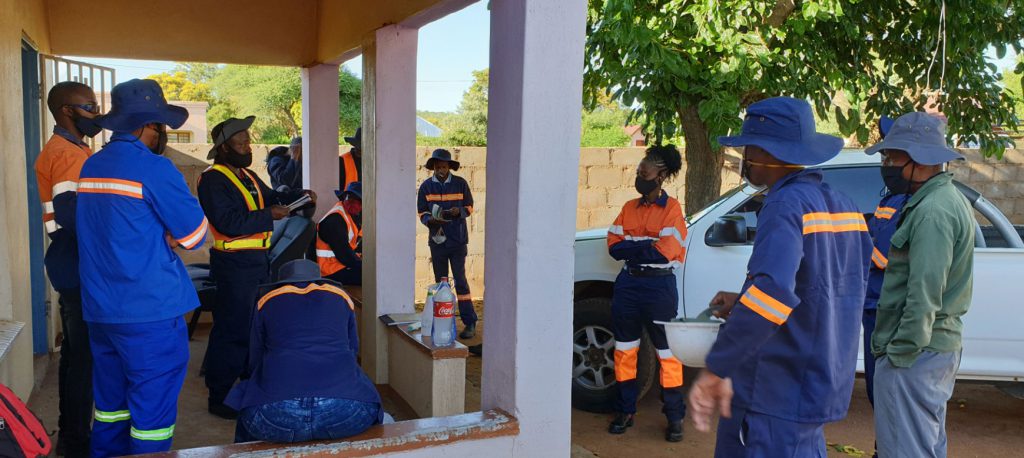Giyani Metals secures US$16 million manganese loan, shares rise

Giyani Metals Corp. [TSXV-EMM, A2DUU8] said it has signed definitive agreements for a US$16 million financing from the Industrial Development Corp. of South Africa Ltd. (IDC). The financing takes the form of convertible loan facilities.
Giyani shares advanced on the news, rising 8.3% or $0.01 to 13 cents. The shares trade in a 52-week range of 25 cents and 10.5 cents.
The company said the IDC financing is the cornerstone of a US$26 million funding package that will progress the company’s K. Hill manganese Project in Botswana to a final investment decision over the next 15 months. The company is planning to complete an optimized feasibility study as well as a demonstration plant which will produce battery-grade manganese for qualification testing by potential customers.
The remaining US$10 million of funding is expected to be secured from a strategic investor who has signed a non-binding term sheet, completed its due diligence and is currently in the final documentation stage.
“We are delighted to announce the IDC funding as a resounding vote of confidence in K. Hill,’’ said Giyani President and CEO Danny Keating. “This brings on board a strategic partner with significant mining and industrial development experience,’’ he said.
Giyani is a company that aims to become a player in the battery metals sector. The company is currently focused on the development of its K. Hill, Lobatse & Otse manganese oxide projects in the Kanye Basin of Botswana. Each of those projects has seen historic mining activities.
The flagship K. Hill project is a near-surface deposit currently winding its way through a feasibility study. The aim is to produce a high-purity electrolytic manganese metal and manganese sulphate, both key ingredients for batteries in the expanding electric vehicle market.
Giyani has developed a hydrometallurgical process to produce high-purity manganese sulphate monohydrate, a lithium-ion battery precursor material that is critical for electric vehicles directly from ore extracted from its manganese oxide deposits in Botswana. The projects are wholly-owned by Giyani’s subsidiary Menzi.
Manganese is among the most widely used metals in the world, fourth after iron, aluminum and copper. Historically, the demand, and hence the price of the metal is closely tied to demand for iron ore in China.
Companies like Giyani are moving the capitalize on the explosion in demand for lithium-ion batteries and the increasing use of manganese as a key material in the fabrication of these batteries.
A preliminary economic assessment for K Hill envisages an open pit mine that will produce 3,561 K tonnes of high purity manganese sulphate monohydrate. The PEA envisages a single production line process with feed capacity of 200,000 tonnes annually over a 57-year production lifespan. The company is looking at an upside scenario that would add an addition production line in year five of operations, taking total feed capacity to 400,000 tonnes annually.
